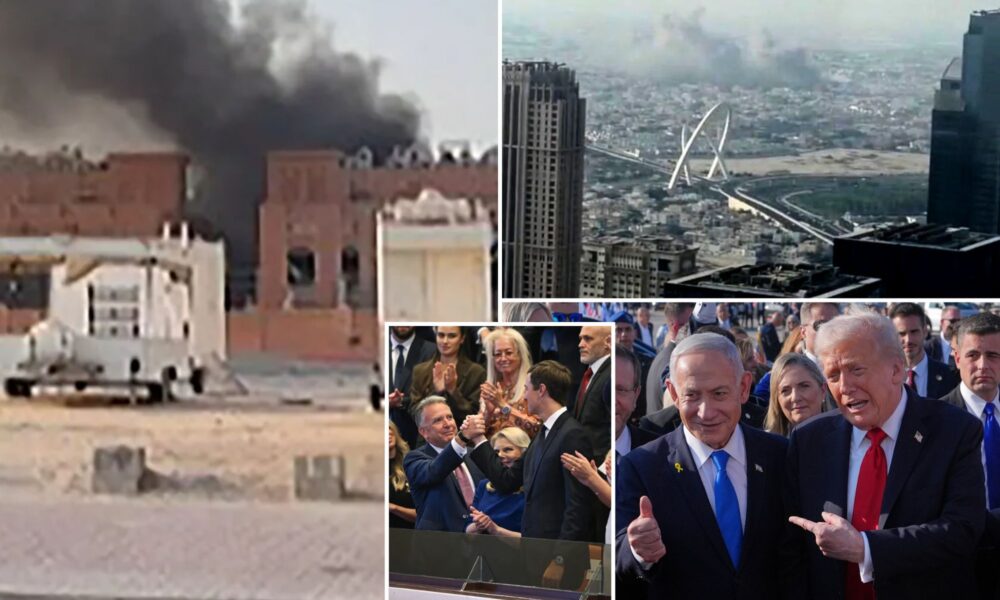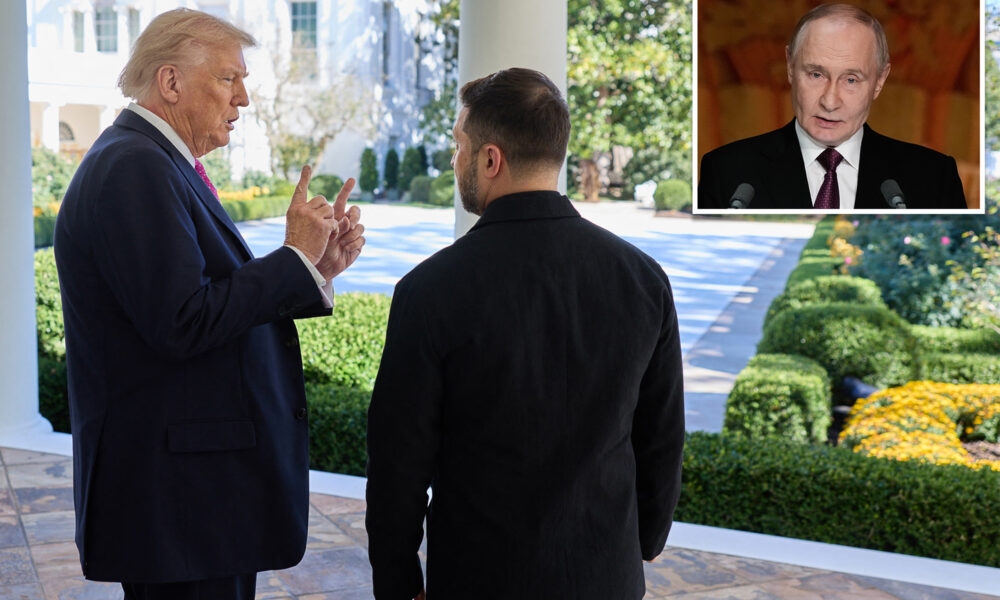The future of the ceasefire deal involving Israel remains uncertain, according to insights from Natan Sachs, a senior fellow at the Middle East Institute. In a recent interview with NPR‘s Leila Fadel, Sachs addressed Israel’s perspective on the ongoing negotiations and the implications for regional stability.
Ceasefire Context and Implications
The ceasefire agreement was initially established to halt hostilities between Israel and Hamas. This truce has provided a temporary respite since its inception in October 2023. However, as tensions persist, the future of this arrangement is under scrutiny. Sachs emphasized that Israel’s primary concerns revolve around security and the long-term efficacy of the ceasefire.
During the conversation, Sachs pointed out that while the ceasefire has contributed to a decrease in violence, the underlying issues remain unresolved. He remarked, “Israel views the ceasefire as a critical moment, but it is also cautious about the potential for a resurgence of hostilities.” This reflects a broader sentiment within the Israeli government, which remains vigilant about any signs of renewed aggression.
Challenges Ahead for Negotiators
Sachs highlighted the complexities facing negotiators as they work to extend and solidify the ceasefire. One significant challenge is the ongoing conflict over territorial disputes and the humanitarian situation in Gaza. He explained that these factors are crucial in shaping Israel’s approach to future negotiations.
Furthermore, Sachs noted that any agreement will require assurances from Hamas regarding the cessation of hostilities. “Israel needs to know that the ceasefire will not just be a pause but a step towards a more stable and lasting peace,” he stated. This reflects the intricate balance that must be maintained between immediate security needs and long-term peace goals.
The interview also touched on the role of international actors in facilitating negotiations. Sachs mentioned that the involvement of the United States and other regional powers will be essential in ensuring that both sides adhere to any agreements reached. He emphasized that diplomatic efforts must be sustained to prevent a return to violence.
In conclusion, while the ceasefire has brought temporary relief, significant challenges remain for both Israel and Hamas. The perspectives shared by Natan Sachs illustrate the delicate nature of the situation and the need for ongoing dialogue to pave the way for a more stable future in the region.







